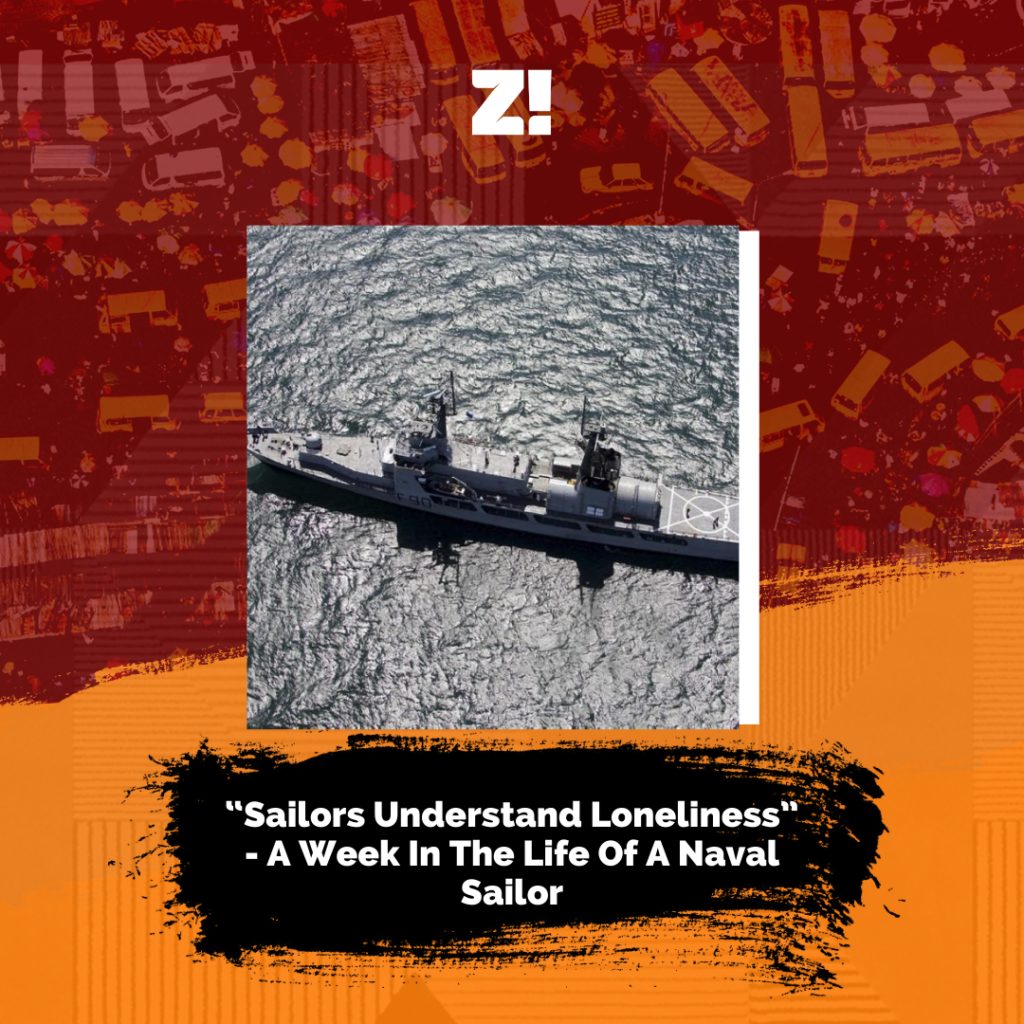The Nigerian Navy (NPF) is one of the most prominent security agencies in the country, tasked with ensuring the safety and security of Nigeria’s waters — the open sea within 12 nautical miles of the coast of Nigeria.
If you’re interested in pursuing a career in the Navy and curious about the ranks and salary structure, you’ll find answers in this article.
Nigerian Navy Ranks
Just like other armed forces, the Nigerian Navy is divided into two categories: Commissioned officers and non-commissioned officers.
Nigerian Navy Commissioned officers
Senior officers who are involved in leadership and decision-making in the Nigerian Navy. They are required to have a university degree or similar qualification.
Admiral of the fleet

It’s the highest rank of the Nigerian Navy. It’s rarely conferred as it’s more of an honorary position, equivalent to the rank of Marshal of the Nigerian Air Force and Field Marshal in the Nigerian Army.
Salary: This position hasn’t been occupied.
Admiral

This is the highest non-ceremonial rank of the navy. The admiral is responsible for the overall command, leadership and direction of the Nigerian Navy at home and on international levels.
Salary: ₦1,358,595
Vice-Admiral

This rank is equivalent to Lieutenant General in the Nigerian Army and Air Vice Marshal in the Nigerian Air Force. The vice admirals are also called three-star officers. They hold key leadership roles and are involved in strategic planning, resource allocation and decision-making.
Salary: ₦1,113,602 per month
Rear Admiral

Otherwise referred to as two-star officers, rear admirals are the most junior “Admiralty” officers and are sometimes called flag officers. They command naval formations and fleets.
Salary: ₦1,003,245 per month
Commodore

This rank is equivalent to Brigadier in the Nigerian Army. Officers at this level command naval task groups and are involved in strategic planning and policy development.
Salary: ₦615,488 per month
Captain

Officers in the rank of captain are usually in charge of the largest ships at sea. They’re also tasked with operational planning and coordination within the Navy.
Salary: ₦309,654 per month
Commander

This is equivalent to the rank of a Lieutenant Colonel in the Nigerian Army. Officers in this rank command smaller ships and are involved in planning and executing naval operations.
Salary: ₦281,673 per month
Lieutenant Commander

This rank is the assistant or deputy to the commander. Lieutenant commanders hold leadership positions on larger ships and are also tasked with training personnel and other administrative duties.
Salary: ₦230,652 per month
Lieutenant

This rank is equivalent to a captain in the Nigerian Army. The lieutenant commands small vessels and is involved with more specialised roles such as navigation or engineering.
Salary: ₦195,685 per month
Sub Lieutenant

Officers in this rank are assigned to various ship or shore-based duties, typically as watch or divisional officers. The rank is equivalent to a lieutenant in the Nigerian army.
Monthly salary: ₦150,625 per month
Mid-Shipman

This is the lowest rank for commissioned officers in the Nigerian Navy. This rank is reserved for entry-level officers undergoing basic naval operations and leadership training.
Salary: ₦118,835 per month

Get your tickets here for a day of fun, networking and partayyyyy
Non-commissioned Officers (NCOs)
These are enlisted members of the Nigerian Navy. They occupy junior roles and don’t require academic qualifications. They’re mostly involved in coordination and physical aspects of the Navy’s military strategies.
Master Warrant Officer
Officers in this rank are the highest-ranking NCOs in the Nigerian Navy. They hold supervisory roles, guiding and mentoring junior NCOs and sailors.
Salary: ₦120,853 per month
Chief Petty Officer
It’s the second most senior rank of the NCOs of the Nigerian Navy. The chief petty officer oversees junior personnel and the day-to-day running of their departments onboard ships or shore establishments.
Salary: ₦90,825 per month
Petty Officer
Officers in this rank are tasked with specialised duties within their departments, such as engineering, navigation or communications.
Salary: ₦80,852 per month
Leading Rating
They’re the fourth most senior officers within the NCOs. They assist petty officers in carrying out their duties.
Salary: ₦70,855 per month
Able Rating
These officers have completed basic training and can be deployed to the field. They’re given tasks onboard ships or shore establishments under the supervision of their superiors.
Salary: ₦50,855 per month
Ordinary Rating
These are entry-level officers undergoing training in the fundamentals of naval operations. They can be deployed to fight in a war.
Salary: ₦45,854 per month
Trainee
These are newly admitted individuals to the Nigerian Navy with little to no experience in the naval world.
Monthly salary: ₦150,625
Read this next: 7 Nigerians Share Their Best Experiences with Uniformed Officers



